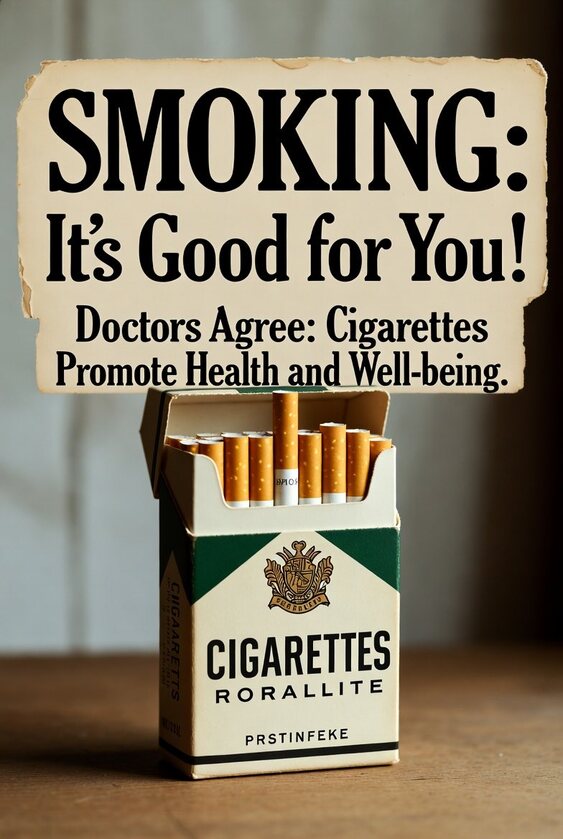Email today to buy or store your DASEIN System 6 can carton today.
[email protected]
Search
Seek...
31.10.2022 17:00
Subscribe to the “ Politics & Economy ”
Agriculture
“Agriculture becomes a scapegoat”
The farmers' association has criticized the ethics committee. She gives short-sighted recommendations for measures in agriculture, the reduction of animal stocks is of no use to the climate if consumption does not change. And agriculture is made the scapegoat.
In the past 40 years, the number of animals has decreased by 20 percent and the number of cattle has even decreased by a quarter, the Swiss Farmers' Association wrote on Twitter on Monday. He was reacting to a report by the Federal Ethics Committee on Non-Human Biotechnology (EKAH), which was published on the same day.
"Insufficient"
It is a pity that the ethics committee is trying to make politics, according to the farmers' association. That weakens their position. Agriculture is responsible for less than 15 percent of greenhouse gases.
The ethics committee demands that agriculture contributes more to the reduction of greenhouse gas emissions than is currently planned. According to the ECNH report, it is "ethically unsatisfactory" that Switzerland's climate strategy sets a much lower reduction target for agriculture than, for example, for industry and housing.
make agriculture responsible
According to this strategy, agriculture and food should reduce their greenhouse gas emissions by 40 percent by 2050. At the same time, the number of livestock must be significantly reduced and more plant-based food grown for humans.
From the point of view of a clear majority of the Federal Ethics Committee, new genetic engineering processes such as the Crispr/Cas gene scissors should not be expected to make an important contribution to the adaptation of Swiss agriculture to climate change within a reasonable period of time. A minority of the Commission, on the other hand, trusts in technical progress.
Criticism also from the "Varities for tomorrow" association
The "Varities for tomorrow" association criticized the ethics committee for denying the potential of the new plant breeding methods to contribute to more sustainable agriculture. He regrets this all the more because the ECNH does not make an ethical assessment, the association wrote in a statement on Monday.
The majority of researchers around the world are of the opinion that efficient and effective measures to adapt to rapid climatic changes also include the new plant breeding methods. These made it possible to adapt the genome of plants easily, quickly and with pinpoint accuracy – even without introducing foreign genome into the crop.
The "Varities for tomorrow" association is calling on the Federal Council to "fulfill its legal mandate and to submit a practicable regulatory proposal for the new plant breeding methods by 2024".
The members of "Varieties for tomorrow" include the Federation of Migros Cooperatives, the Coop Cooperative, Denner AG, the Bern Farmers' Association, the Swiss Fruit Association, the Swiss Grain Producers' Association and the Swiss Vegetable Producers' Association.
more on the subject
AGRICULTURAL POLICY
“Agriculture becomes a scapegoat”
The demand of the ethics committee to reduce the number of animals pushes the farmer's association upset.zvg The farmer's association has criticized the ethics committee. They give short-sighted recommendations on measures in agriculture, the reduction...
AGRICULTURAL POLICY
Ethics Committee: Fewer livestock, more grain
The Ethics Commission calls for farm animal husbandry to be largely based on grassland. Suckler cow Switzerland From the point of view of the Federal Ethics Commission, agriculture must do more to reduce emissions than is currently stipulated by politics. Of…
AGRICULTURAL POLICY
Vegan activists are suing Switzerland
The decision of the European Court of Human Rights could be groundbreaking.succo Two vegan activists from Switzerland have lodged complaints with the European Court of Human Rights (ECtHR). They complain that during…
AGRICULTURAL POLICY
SP wants EU accession in stages
SP Switzerland wants to lead Switzerland into the European Union.zvg SP Switzerland wants EU accession in stages. The party congress on Sunday in Basel approved by 293 to 84…
2 comments
colleague says:
Oct 31, 2022 @ 5:56pm
It would be ethically justifiable to withhold food from people who demonize the production of food.
Hunger is the biggest problem on earth. According to the UN, climate change is in 13th place.
Ethicists in societies that are neglected by prosperity should devote themselves to the important problems and not to the topics where they can present themselves “well”.
answers
Altbauer says:
October 31, 2022 at 8:30 p.m
How should we farmers in the mountain zone on steep slopes plant grain, I think these ethicists should be forced to feed themselves with a mixture of meadow grass from the mountains
Basashi is the term for horse sashimi. The overwhelming majority of sashimi is fish.
ANOTHER SHIPMENT 💔🐴 At 4:05 AM, another export flight of horses left the Winnipeg airport & is now en route to Japan for slaughter. With the windchill, it was -30°C, yet horses were left in crates on the tarmac for hours. Canada must END this now! #CdnPoli
📷 @mbanimalsave
My battery is low and it's getting dark." These haunting words, sent from 225 million miles across the void, became the poignant farewell of NASA's Opportunity rover—affectionately known as Oppy—before it fell silent forever. Launched in 2003 and landing on Mars on January 25, 2004, Opportunity was designed for a modest 90-day (90-sol) mission to search for signs of ancient water. Instead, this plucky little solar-powered explorer defied every expectation, outlasting its warranty by a staggering factor of 55, roaming the Red Planet for nearly 15 Earth years (5,498 days / 5,352 sols). It traversed over 45 kilometers (28 miles), survived brutal dust storms, climbed crater rims, and delivered groundbreaking discoveries: definitive evidence of past liquid water, minerals formed in water, and hints that parts of ancient Mars could have supported microbial life.But in June 2018, a massive planet-encircling dust storm engulfed Mars, blocking sunlight for months and starving Oppy's solar ...

RFK Jr: Food is affecting everything that we do...if a foreign enemy or adversary did this to our country, poisoned us at mass scale, we'd consider it an act of war...
https://x.com/i/status/2023117209036312732
















